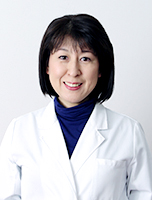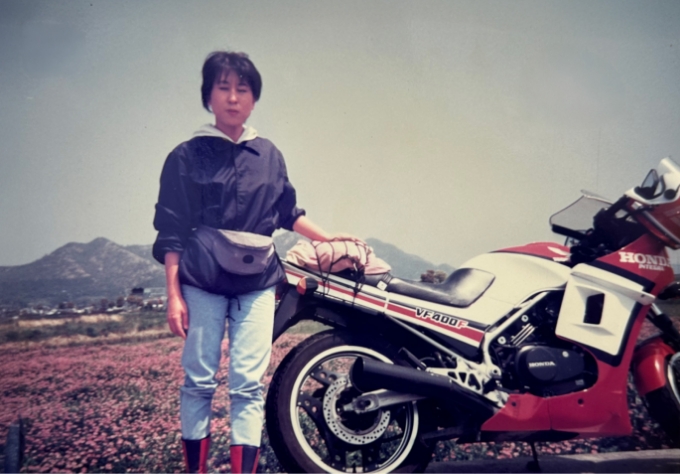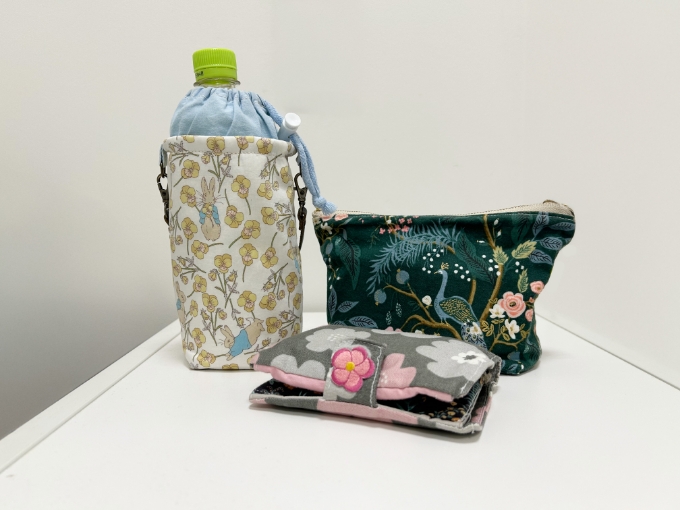

There is a disease name known as “recurrent pregnancy loss”, which is a difficulty in continuation of the pregnancy.
It is true that it is defined as having repeat miscarriages 3 or more times, or if you had experienced having a fetal death of over twelve weeks, but to have the result of even one miscarriage after a planned pregnancy is a painfully sad thing.
But the more common factor in miscarriages has been thought to be chromosomal abnormalities in the fetus.
Overcoming the miscarriage and having the next pregnancy following a steady course and having a good birth happens on a daily basis.
However after 3 times repeating miscarriages, and if you have a miscarriage after entering the stable period, then there will be a big feeling of unease going into the next pregnancy.
There might be some underlying cause that leads to miscarriages and that is being explored at the recurrent pregnancy loss outpatient examination room.
Blood tests (infectious diseases and metabolic abnormalities, autoimmune system abnormalities) medicine and surgery is performed if there is a need to check the condition of the inner membrane, and the form of the uterus.
We are always receiving emotional letters from those who have been successful in a birth after overcoming a miscarriage.
Take the courage and discuss it with us if you are suffering.
In photos, Dr. Terumi Hayashi gives off an image of elegance and simplicity. Through this interview, we’ll share some unexpected sides of her, as well as her thoughts on medicine and patients.
I got my license when I was about 23, and then I stopped riding when I started working as a doctor. I couldn’t afford to get injured, after all. Once I stopped, I couldn’t ride again. It felt too scary. Looking at old photos, I remember it fondly. When I went on tours on weekends, other bikers would call out to me, invite me to gatherings, and tell me about great routes for biking, and I enjoyed expanding my circle. When I leaned into the corners and heard the bike whir as I rode, I felt like “I’ve become the wind!” It was an incredible feeling. I can’t do it now, though...

Lately, I’ve really enjoyed sewing. I make pouches, bottle covers, and even wallets. There are all sorts of fabrics, zippers, and decorations available at 100 yen stores, so I go there to shop on my days off and combine them to create new items. Recently, one of the joys has been making things for the staff. I try to keep in mind their preferences, like, “That person likes blue,” or “They have a favorite character,” and I make sure to make something that suits their taste.

It’s quite difficult, but I always try to be empathetic toward the patients’ feelings. When a patient is older or has gone through several unsuccessful cycles, some of them will say, “I think this is where I want to stop.” In those cases, I might say something like, “You don’t need to make a decision right now; take some time to think it over,” and sometimes, after discussing it with their partner, they’ll decide, “Let’s give it one more try.” Patients’ emotions can fluctuate from moment to moment, so I believe that being able to talk things through with them each time helps provide reassurance. This is something I really appreciate about online consultations.